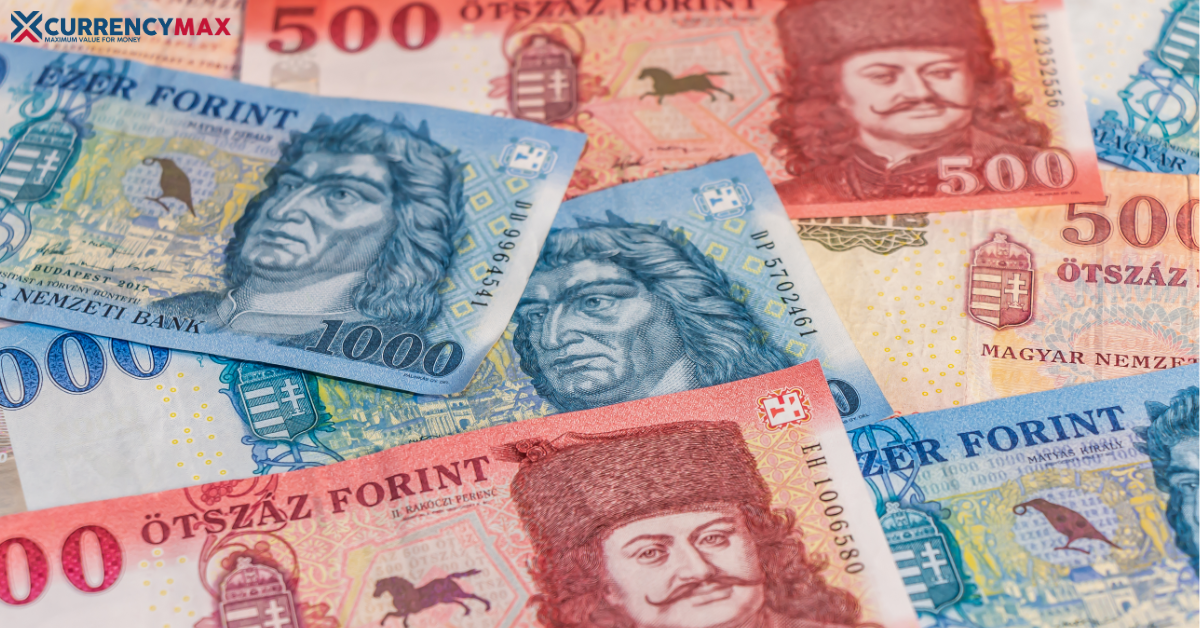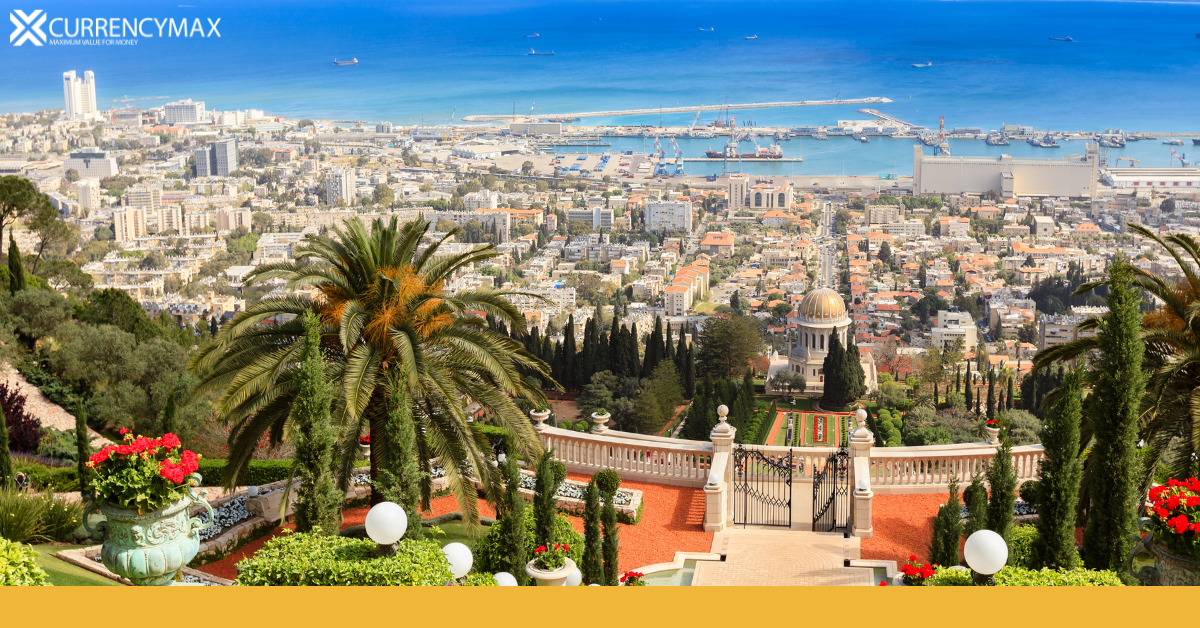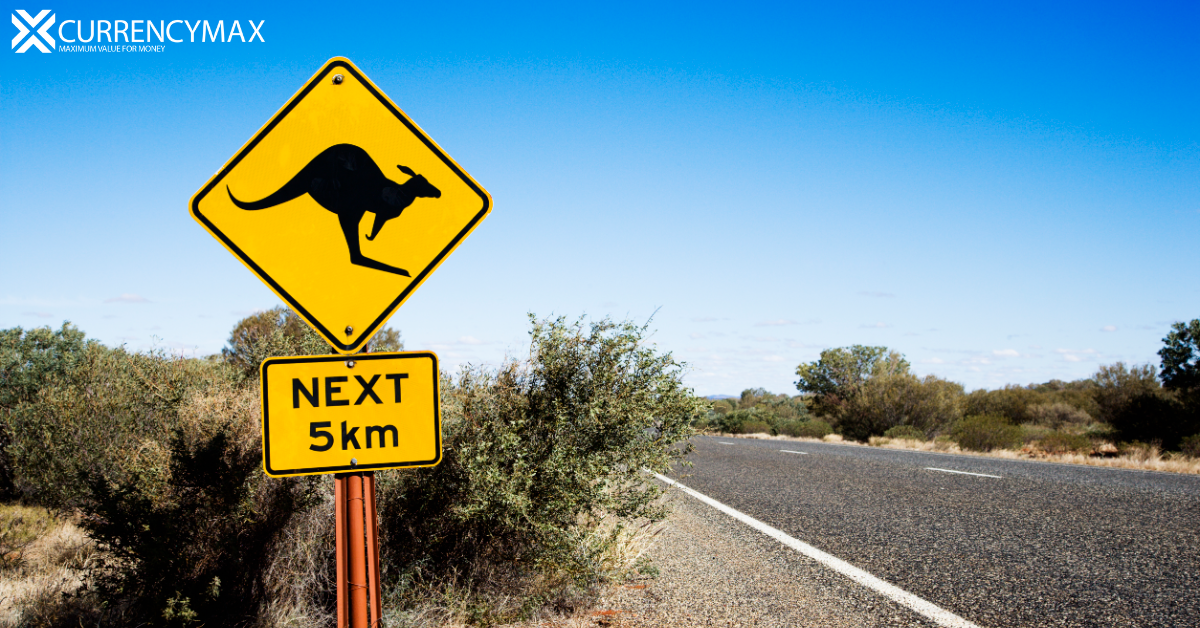Traveling to Hungary from the UK offers an exciting opportunity to explore a rich cultural heritage, stunning architecture, and vibrant cities like Budapest. One of the essential aspects of planning your trip is managing your finances effectively, particularly when it comes to exchanging your British pounds (GBP) for Hungarian forints (HUF). To help you get the most out of your money and avoid common pitfalls, here are some comprehensive tips on exchanging currency and managing your finances while in Hungary.
Understanding the Hungarian Forint
The Hungarian forint (HUF) is the official currency of Hungary. Unlike the euro, which is used by many countries in Europe, Hungary has retained its own currency. The forint is subdivided into 100 fillér, though fillér coins are no longer in circulation. Understanding the value of the forint relative to the pound can help you budget effectively and make informed spending decisions.
Exchange Rates and Their Impact
Exchange rates fluctuate due to various economic factors, including inflation, interest rates, and market demand. It’s crucial to keep an eye on the current exchange rates to ensure you’re getting a fair deal when converting your pounds to forints. Websites like XE.com or financial news platforms provide up-to-date exchange rates and can help you monitor these fluctuations.
Where to Exchange Currency
In the UK
Banks and Building Societies
Before leaving the UK, you can exchange some of your pounds for forints at your local bank or building society. This option provides a level of security and convenience, though the exchange rates may not be the most competitive, and you might incur a service fee. It’s advisable to compare rates across different banks to find the best deal.
Currency Exchange Offices
Specialized currency exchange offices, often found in major cities and airports, offer competitive rates and might have lower fees than banks. However, it’s important to research and choose a reputable exchange office to avoid hidden charges.
Online Currency Exchange Services
Online services like Travelex or Revolut allow you to order foreign currency online and have it delivered to your home or a designated pickup location. These services often offer competitive rates and can be more convenient than traditional exchange methods.
In Hungary
ATMs
Using ATMs in Hungary is a convenient way to obtain local currency. ATMs are widely available in cities and towns. When using an ATM, opt for machines associated with reputable banks to minimize the risk of fraud. Be aware that your UK bank might charge a foreign transaction fee, and the ATM might also impose a fee. Additionally, choose to be charged in the local currency (forints) rather than pounds to avoid dynamic currency conversion, which often results in unfavorable rates.
Banks
Hungarian banks typically offer competitive exchange rates and are a safe option for currency exchange. However, banks might have limited operating hours, especially on weekends. Plan accordingly and exchange currency during business hours to avoid inconvenience.
Currency Exchange Offices (Pénzváltó)
Currency exchange offices, or pénzváltó, are common in Hungary, particularly in tourist areas. These offices often provide better rates than banks but can vary significantly in terms of fees and rates. Look for offices that advertise “no commission” or “0% commission” but always confirm the rate before proceeding with the exchange.
Hotels and Airports
While exchanging currency at hotels and airports is convenient, these locations typically offer less favorable rates and higher fees. It’s advisable to use these options only in emergencies or when other options are unavailable.
Tips for Getting the Best Exchange Rates
Monitor Exchange Rates
Keep an eye on exchange rates in the weeks leading up to your trip. Exchange rates fluctuate, and timing your exchange when the rate is favorable can save you money. Set up alerts on financial websites or apps to notify you of significant changes in exchange rates.
Avoid Dynamic Currency Conversion
When using your debit or credit card in Hungary, you might be offered the option to pay in pounds instead of forints. This is known as dynamic currency conversion (DCC). While it might seem convenient, DCC often comes with poor exchange rates and additional fees. Always choose to pay in the local currency to get a better deal.
Use a Travel Card
Travel cards like Revolut, Monzo, or Starling Bank offer competitive exchange rates and low or no fees for foreign transactions. These cards can be a cost-effective way to manage your money abroad. Additionally, they provide features like real-time spending notifications and easy top-ups, making them a convenient option for travelers.
Avoid Airport Exchanges
Currency exchange kiosks at airports are notorious for offering poor exchange rates and high fees. Plan ahead and exchange your currency before reaching the airport or use an ATM upon arrival in Hungary.
Exchange Larger Amounts
If you exchange larger amounts of money, you might be able to negotiate a better rate, especially at currency exchange offices. However, ensure you don’t carry too much cash at once for security reasons.
Managing Your Money in Hungary
Using Cash vs. Cards
While cash is widely accepted in Hungary, especially in rural areas and smaller establishments, credit and debit cards are also commonly used in cities and larger businesses. It’s a good idea to have a mix of both cash and cards for flexibility.
Inform Your Bank
Before traveling, inform your bank of your travel plans to avoid any issues with your cards being blocked for suspicious activity. Many banks allow you to set up travel notifications online or via their mobile app.
Understand Local Pricing
Familiarize yourself with typical prices for common items and services in Hungary. This knowledge helps you avoid being overcharged and makes it easier to budget your daily expenses. For example, a meal at an inexpensive restaurant might cost around 2,500-3,500 HUF, while a ticket for public transport is typically around 350 HUF.
Beware of Scams
As with any travel destination, be cautious of scams targeting tourists. Common scams include inflated taxi fares, counterfeit money, and misleading exchange rates at less reputable currency exchange offices. Always use licensed taxis, verify the authenticity of banknotes, and choose reputable exchange offices.
Sample Budget for a Week in Hungary
To give you an idea of how much to budget for a week-long trip to Hungary, here’s a sample breakdown of typical expenses:
Accommodation
- Budget: 10,000-15,000 HUF per night for a hostel
- Mid-range: 25,000-40,000 HUF per night for a hotel
- Luxury: 50,000+ HUF per night for a high-end hotel
Food and Drink
- Budget meals: 2,500-3,500 HUF per meal
- Mid-range restaurant: 6,000-10,000 HUF per meal
- Coffee: 500-800 HUF
- Beer: 600-900 HUF
Transportation
- Public transport ticket: 350 HUF
- Taxi fare (per km): 300-400 HUF
- Car rental: 10,000-15,000 HUF per day
Attractions and Entertainment
- Museum entry: 2,000-3,000 HUF
- Thermal baths: 5,000-8,000 HUF
- Guided tours: 10,000-20,000 HUF
Miscellaneous
- Souvenirs: 1,000-5,000 HUF
- SIM card with data: 3,000-5,000 HUF
Total Estimated Budget
- Budget Traveler: 100,000-150,000 HUF per week
- Mid-range Traveler: 200,000-300,000 HUF per week
- Luxury Traveler: 400,000+ HUF per week
Properly managing your currency exchange and finances while traveling in Hungary can significantly enhance your experience and help you avoid unnecessary costs. By understanding where to exchange your money, how to get the best rates, and how to manage your spending, you can ensure that your trip is both enjoyable and financially savvy.
Remember to plan ahead, monitor exchange rates, and use a mix of cash and cards to handle your expenses efficiently. With these tips in mind, you’ll be well-prepared to make the most of your Hungarian adventure without breaking the bank. Happy travels!







